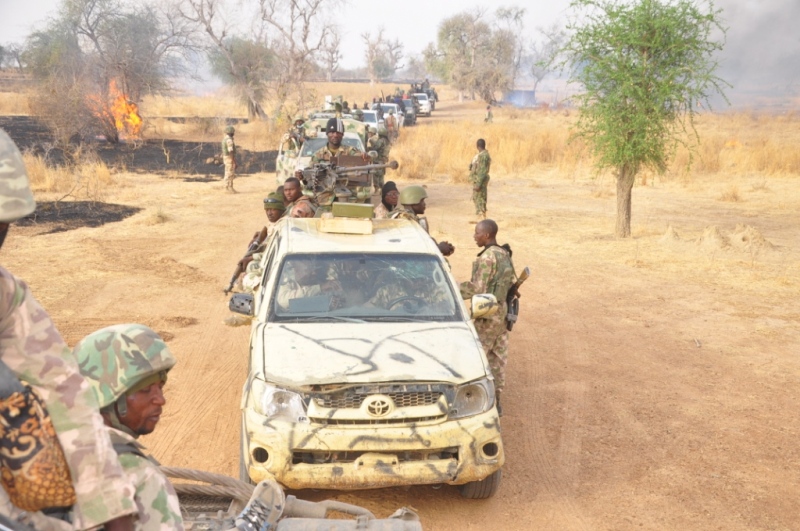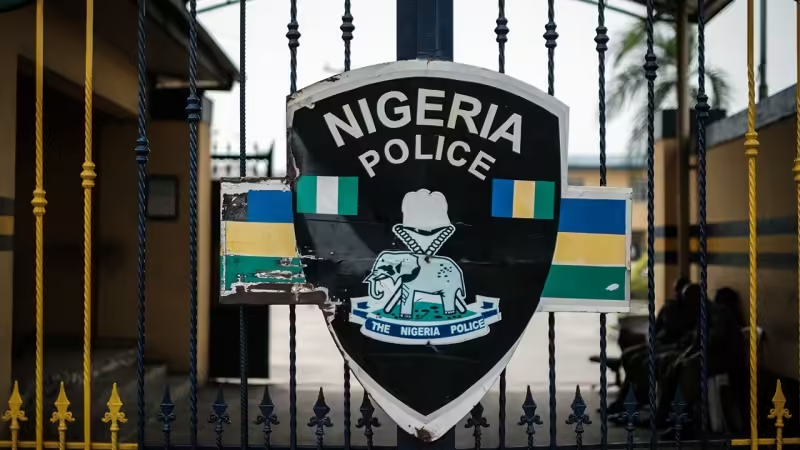BENIN CITY, Nigeria (ChatnewsTV) – Bishop Matthew Hassan-Kukah of the Catholic Diocese of Sokoto has expressed concern over the failure of political parties and their candidates to sign the Peace Accord ahead of the September 21, 2024, Edo State Governorship Election, warning that it could send the wrong message to Nigerians.
Speaking during the Edo Election Security Townhall, organized by Channels Television in partnership with the Kimpact Development Initiative and the UK International Development, Kukah said that while the National Peace Committee encourages peaceful elections, it cannot force candidates to participate in the pre-election ritual.
“The National Peace Committee, what we do is not in the Electoral Act, it’s not law; it’s moral. You can’t compel people to fall in love or love their neighbour,” said Kukah, a member of the committee led by former Head of State, General Abdulsalami Abubakar.
He emphasized that the failure of certain candidates to sign the Peace Accord, which has been a tradition in Nigerian elections for over a decade, sends a troubling signal that could be exploited by opposition parties.
“It’s a pity but we are not going to take anybody to court for not signing the Peace Accord. The only thing it does to you as a candidate is that it sends a wrong signal which can be very easily exploited by the opposition,” he said.
The Peoples Democratic Party (PDP), one of the major parties contesting the upcoming election, notably abstained from the Peace Accord signing last week, citing allegations against the police as the reason for its absence. While 17 political parties, including the All Progressives Congress (APC) and Labour Party (LP), are fielding candidates in the Edo election, the PDP’s refusal to participate has raised eyebrows.
Kukah pointed out that political candidates have previously missed the Peace Accord signing but later complied under public pressure. He recalled how former President Muhammadu Buhari, when he was a candidate, and former Vice President Atiku Abubakar also missed the initial signings in previous elections but ultimately participated.
The Peace Accord, though symbolic and non-binding, has been regarded as a moral commitment by political parties to shun violence and ensure peaceful elections in Nigeria.




